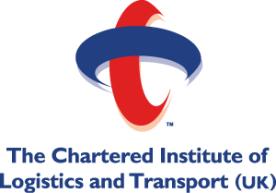
The announcement that operational trials of longer trailers for articulated lorries have been approved by the DfT has been welcomed by The Chartered Institute of Logistics and Transport in the UK (CILT).
CILT says that the trials of longer vehicles could benefit the movement of high volume and light weight goods, such as paper goods or potato crisps enabling worthwhile reductions in road miles resulting in reduced carbon emissions, reduced accident rates and lower costs.
CILT Chief Executive Steve Agg said: 'It is important that we maximise the efficiency of every available transport mode. Establishing this trial is a sensible response following the consultation and it gives industry the chance to review the innovation and test its implications for our infrastructure, the environment, all road users and consumers alike.
'It is a fact that for many high volume but low weight goods which are on the move every day, the lorry runs out of carrying capacity by volume well before maximum weight levels are reached. There is a good argument for suggesting that, for some goods, trailer lengths can be increased producing operating and environmental benefits generated by the need to use fewer vehicles.'
The trials will be independently monitored and care taken to measure their impact and the benefits accrued from operating these longer vehicles relating not just to costs, fuel efficiency and emissions but also to road safety. In particular it will study the relationship to other road users, notably cyclists, motor-cyclists and pedestrians.
CILT says that the proposal for a ten-year trial involving up to 1800 vehicles - 900 at an increased length of 2.05 metres and 900 at an increased length of 1.0 metres - is practical and realistic. It will provide the necessary evidence and experience for what will be required in the future as the economy hopefully expands and the need to contain lorry miles increases. It will also be a sensible opportunity to measure the impact on all other freight transport modes including rail and water.
Steve Agg said: 'The UK needs a flexible and diverse range of options to move freight by road, rail and waterways. As such we should carefully analyse opportunities to maximise our efficient use of all of these modes. These trials provide the opportunity to do just that.'